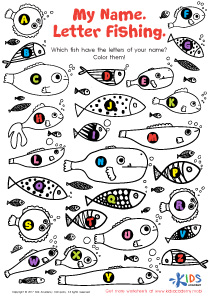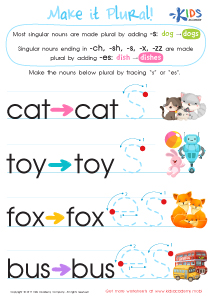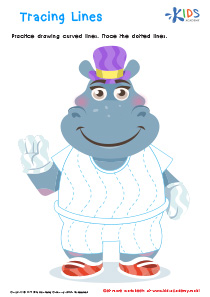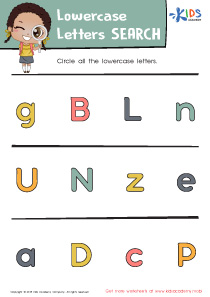Writing practice Easy Alphabet Worksheets for Ages 6-8
3 filtered results
-
From - To
Discover our engaging "Writing Practice Easy Alphabet Worksheets" designed specifically for ages 6-8! These worksheets provide a fun and effective way for young learners to master letter formation while enhancing their fine motor skills. Each page features colorful illustrations and kid-friendly formats, making writing practice enjoyable. Children can trace, write, and reinforce their understanding of the alphabet with activities tailored to diverse learning styles. Perfect for homeschooling, classroom use, or extra practice at home, our worksheets aim to build confidence and proficiency in writing. Encourage your child's writing journey today with our innovative resources that spark creativity and learning!
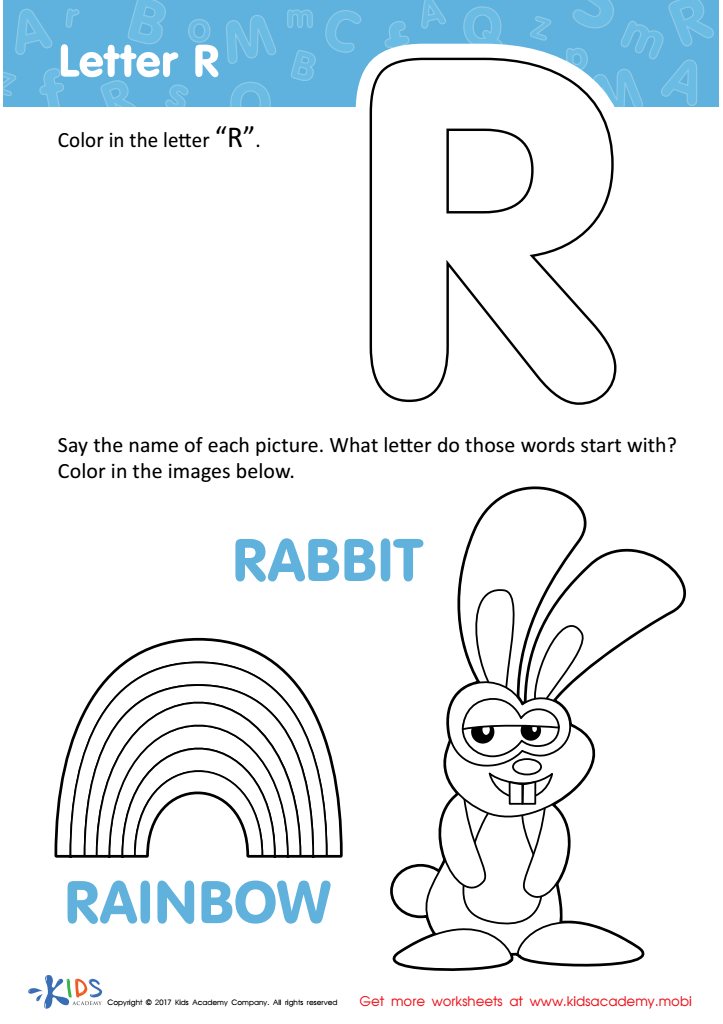

Letter R Coloring Sheet
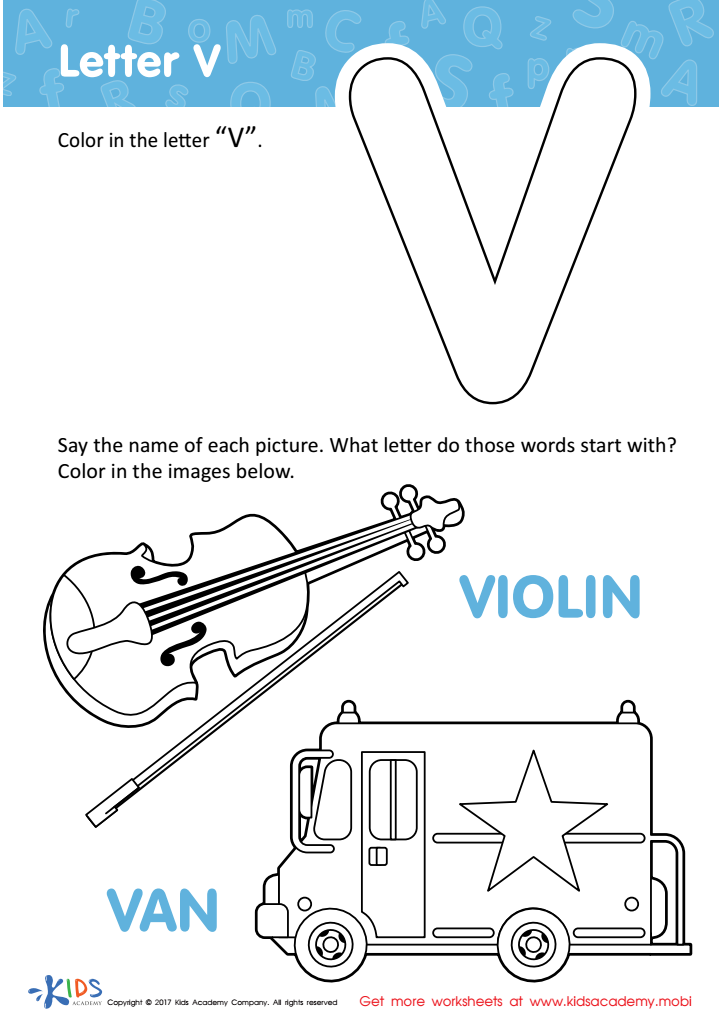

Letter V Coloring Sheet
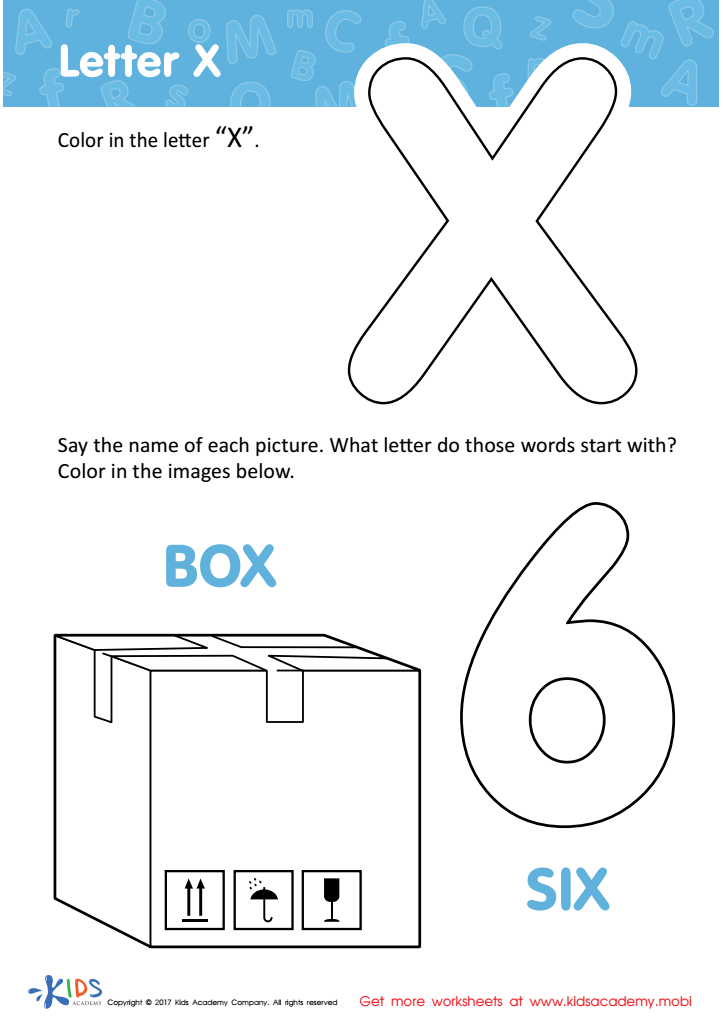

Letter X Coloring Sheet
Writing practice, particularly with the Easy Alphabet program for ages 6-8, is crucial for several reasons that benefit both children and their parents or teachers. First, this age group is at a key developmental stage where foundational skills are being established. Practicing writing helps enhance fine motor skills, which are essential for tasks beyond academics, such as drawing and using utensils.
Moreover, engaging with writing practice fosters cognitive development. When children learn to form letters and understand sounds, they strengthen their literacy skills, boosting their overall academic performance across various subjects. Writing also allows children to express their thoughts and emotions, supporting their emotional development.
Furthermore, incorporating structured writing practices into a daily routine promotes discipline and consistency, valuable traits for lifelong learning. For parents and teachers, monitoring progress in writing skills can provide insight into a child's educational needs and areas for growth.
Last but not least, early handwriting skills can influence a child’s self-esteem. Successfully learning to write empowers children, making them more confident in their communicating abilities. By supporting initiatives like Easy Alphabet, parents and teachers encourage a love for writing that can last a lifetime.

 Assign to My Students
Assign to My Students






